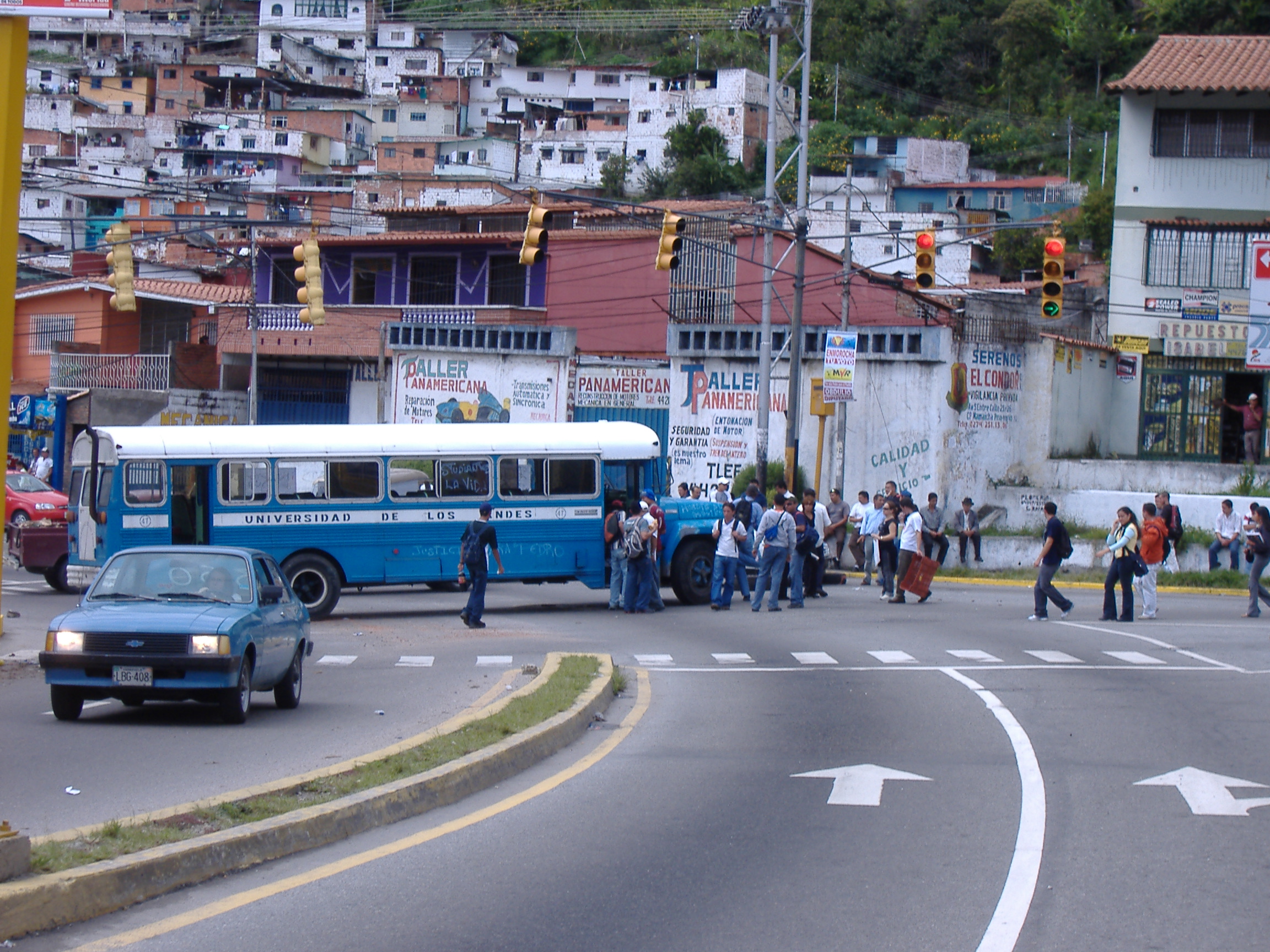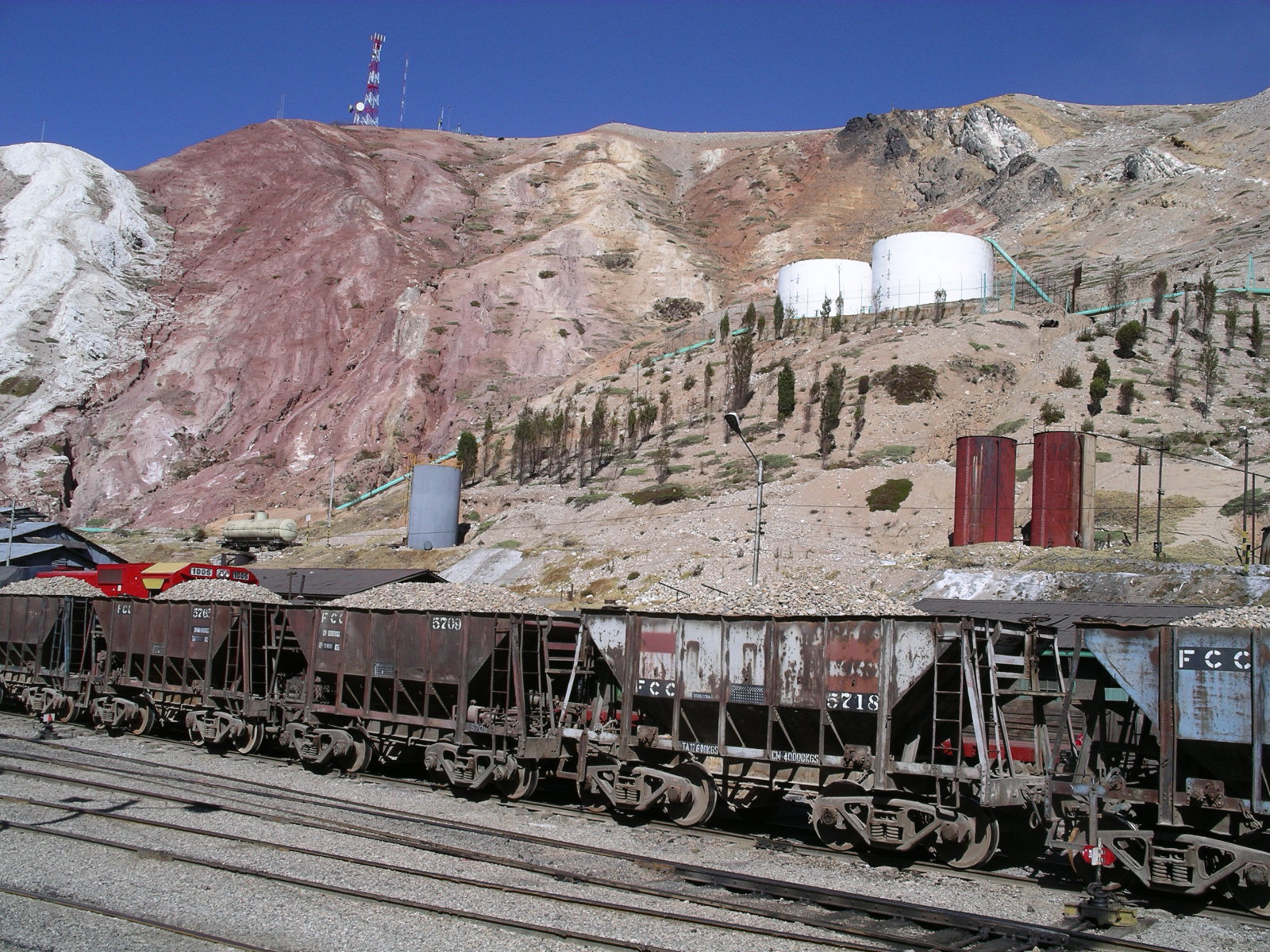Trial for Assassination of Rafik Hariri Opens Amid High Tensions in Lebanon
Posted by Guo Cai – February 3, 2014 @ 01:21.
On January 16, 2014, the trial of Prosecutor v. Ayyash et al opened before the Special Tribunal for Lebanon (“STL”). The four accused—Assad Hassan Sabra, Salim Jamil Ayyash, Hussein Hassan Oneissi and Mustafa Amine Badreddine—are charged in the death of former Lebanese Prime Minister Rafik Hariri and others on February 14, 2005. The trial is being held in the absence of the accused and is the first trial in absentia in international tribunals since the Nuremberg trials. The late former Prime Minister Hariri’s family members, including his son Saad Hariri (also a former Lebanese Prime Minister), were present at the opening session.
Ten days following Hariri’s assassination, the UN Secretary General sent a fact-finding mission to Beirut. The mission delivered a report with a recommendation to create an independent international investigation into the attack. The series of killings and bombings in Lebanon led to the establishment of the STL in 2007 by UN Security Council Resolution 1757. The tribunal opened on March 1, 2009, in Leidschendam, located on the outskirts of The Hague.
Pursuant to Article 2 of the STL Statute, the applicable law of the trial shall be the Lebanese Criminal Code, which provides for the prosecution of terrorism and allows for trial in absentia. This gives the STL some novel features nonexistent among other international criminal tribunals. After the Trial Chamber concluded the accused still remained on Lebanese territory and could not be located despite “all reasonable steps” being taken, it decided on February 1, 2012, to try the four accused in absentia (“the Decision”), as authorized by Article 22 of the STL Statute.
Speaking on the second day of the Trial, the Counsels for the Defence dismissed the Prosecution’s case as “based on pure theoretical evidence” and stated the identities of perpetrators were still unknown. Before,the Defense had objected to trial in absentia by filling a motion to reconsider the Decision, alleging, inter alia, that this would violate the rights of the accused. The Trial Chamber dismissed the motion in July 2012. The Appeals Chamber rejected a subsequent appeal. According to Article 22, Section 3 of the STL Statue, in case of conviction in absentia, the accused, if subsequently arrested, shall have the right to demand a retrial.
The Trial has been accompanied by heightened tensions in Lebanon. On January 16, the first day of the Trial, a car bombing killed at least three people in Hermel near the border with Syria. On January 21, a suicide car bomber killed four people and injured 27 others in Haret Hreik, a southern Beirut neighborhood known as a Hezbollah stronghold.







